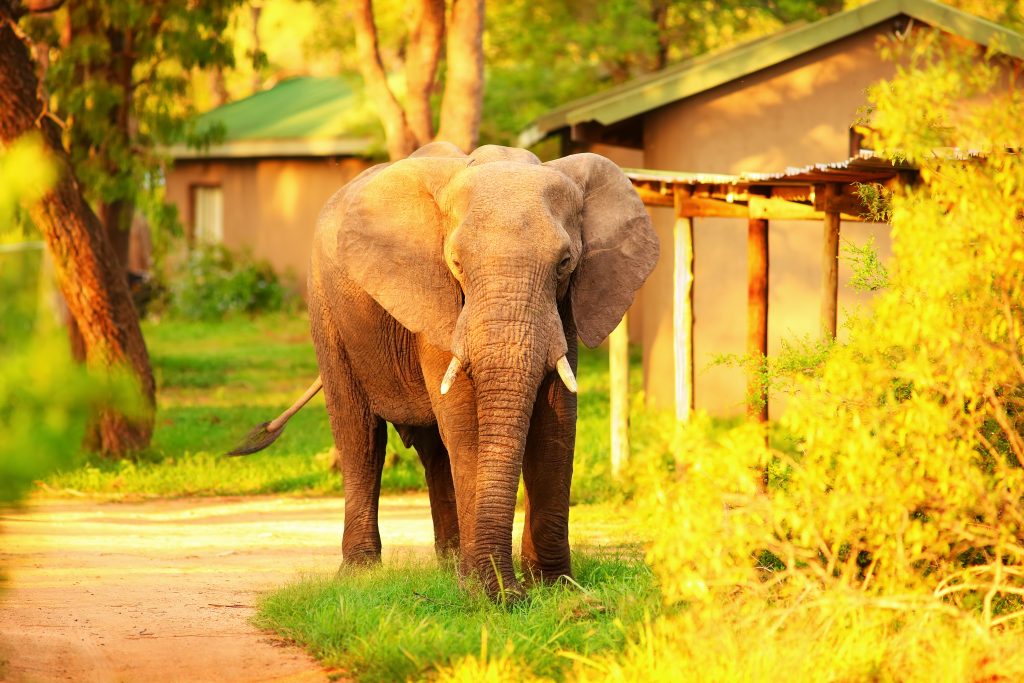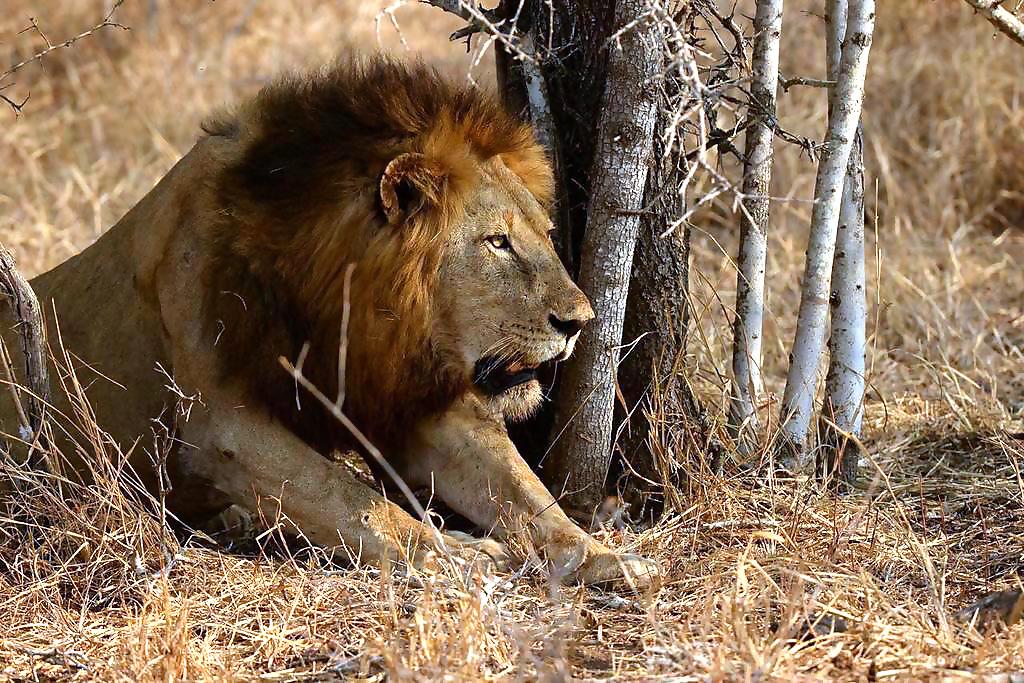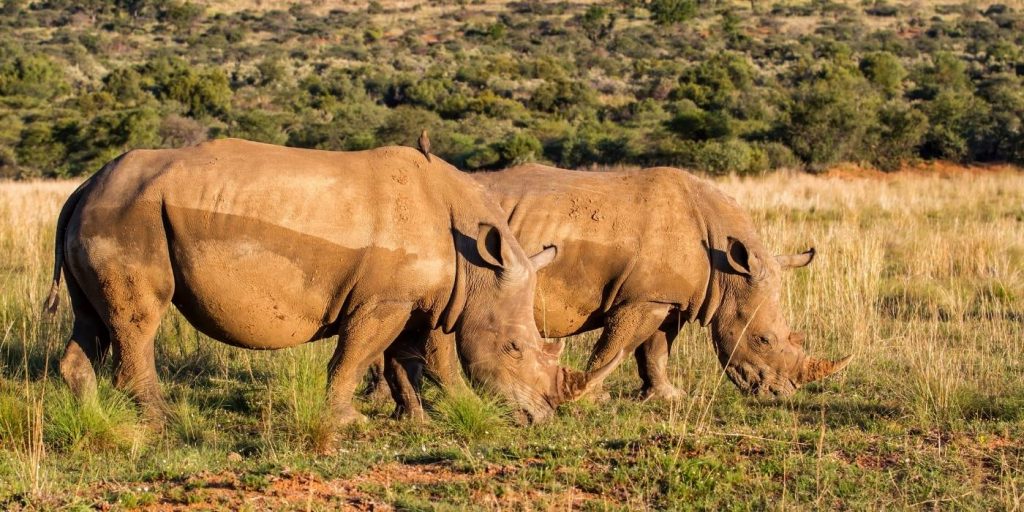How the Park is Working to Protect Its Wildlife
Kruger National Park, one of Africa’s largest game reserves, sprawls across 19,485 square kilometres of South Africa. Renowned for its incredible biodiversity, this park is home to the iconic “Big Five” – lions, elephants, leopards, rhinoceros, and Cape buffalos – and so much more. Millions of visitors embark on Kruger National Park safaris every year, eager to witness the raw beauty of the African wilderness and encounter these majestic creatures.
However, such popularity comes with challenges. Conservation efforts are paramount to ensure the long-term survival of Kruger’s wildlife. Let’s delve into how the park tackles these challenges and discover the various ways you can experience this natural wonderland.
Exploring Kruger: A Multitude of Options
- Kruger National Park Safaris: Whether you’re an experienced safari-goer or a first-timer, Kruger has something for everyone. Choose from guided game drives, self-drive safaris where you set the pace, or even walking safaris for an up-close-and-personal wildlife encounter. Kruger National Park safari packages are available to suit every budget and interest, including affordable 3 day budget Kruger safari options.
- Kruger National Park Day Tours: For those short on time, Kruger National Park day tours provide a perfect snapshot of the park’s diverse landscapes and wildlife. Expert guides lead you through the park, sharing their knowledge and passion for conservation. Popular options include the breathtaking Panorama Route and the awe-inspiring Blyde River Canyon.
- Kruger Park Safaris and Packages: If you’re looking for a more comprehensive experience, consider the various Kruger National Park packages, Kruger National Park tour packages, or Kruger safari packages available. These often include accommodation, meals, and a variety of safari activities, ensuring you get the most out of your visit.

Navigating Kruger: Your Essential Tool
Before embarking on your Kruger adventure, don’t forget your map of Kruger National Park. This essential tool will help you navigate the park’s vastness, highlighting roads, rest camps, waterholes, and prime wildlife viewing areas. Whether you choose a self-drive safari or a guided tour, having a map ensures you won’t miss any of the park’s hidden gems.
Conservation in Action: Kruger’s Dedication to Wildlife
Kruger National Park is a leader in wildlife conservation. The park faces ongoing challenges, including poaching, habitat loss, and disease. However, Kruger’s dedicated team has implemented numerous conservation efforts to protect its precious wildlife:
- Anti-Poaching Efforts: Advanced technology like drones and increased patrols are employed to combat poaching, particularly of rhinos and elephants.
- Habitat Restoration: The park actively restores degraded areas, reintroduces native plants, and removes invasive species to promote biodiversity.
- Community Involvement: Kruger recognizes the importance of local communities. Partnerships have been formed to promote sustainable livelihoods and educate residents about conservation.
- Research and Monitoring: Ongoing research and monitoring programs provide invaluable data for informed decision-making and conservation strategies.
- Education and Awareness: The park offers educational programs for all ages, emphasising the importance of conservation and responsible tourism.

Your Kruger Adventure Awaits
Kruger National Park is more than just a safari destination; it’s a testament to the power of conservation and the importance of preserving our planet’s natural wonders. Whether you’re seeking a thrilling safari, a relaxing getaway, or an educational experience, Kruger has it all.
Explore Kruger National Park packages, Kruger park safaris, and Kruger National Park day tours to find your perfect adventure. Let the untamed beauty of Kruger captivate you and inspire your commitment to protecting our planet’s wildlife.

Kruger National Park Conservation FAQs
The primary threats to wildlife in Kruger National Park include poaching (especially of rhinos and elephants for their horns and tusks), habitat loss due to human encroachment and climate change, and the spread of diseases.
The park has implemented a multi-faceted approach to combat poaching, including:
- Increased patrols by highly trained rangers
- Deployment of advanced technology like drones and camera traps
- Collaboration with law enforcement agencies and neighbouring communities
- Intelligence gathering and analysis to disrupt poaching networks
Kruger National Park is actively engaged in habitat restoration efforts, such as:
- Reintroduction of native plant species
- Removal of invasive plant species
- Restoration of wetlands and other critical ecosystems
- Management of fire regimes to promote healthy biodiversity
Kruger recognizes the importance of community support for conservation success. The park engages with local communities through:
- Job creation and economic opportunities in tourism and conservation
- Educational programs to raise awareness about wildlife and conservation
- Partnerships to promote sustainable livelihoods and reduce human-wildlife conflict
As a visitor, you can make a positive impact by:
- Choosing responsible tour operators and eco-friendly accommodations
- Respecting park rules and regulations, including staying on designated roads and trails
- Learning about the park’s wildlife and conservation challenges
- Supporting local businesses and communities that promote sustainable to
Yes, Kruger National Park has seen notable successes in its conservation efforts. While challenges remain, the park has made significant strides in reducing poaching, restoring habitats, and engaging local communities. By continuing these efforts and adapting to new challenges, Kruger aims to ensure a thriving future for its wildlife and ecosystems.



